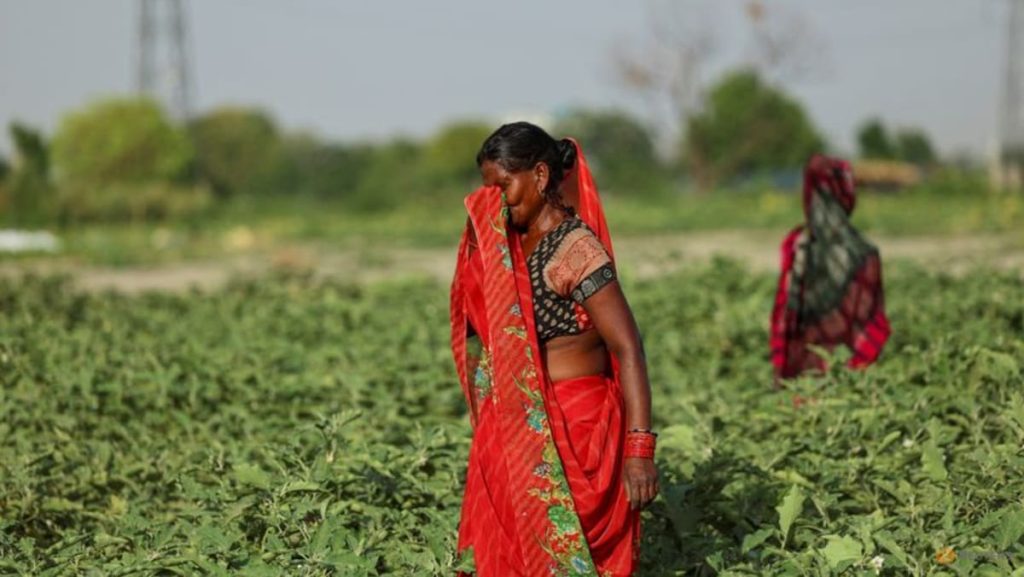In Delhi, the city zoo is taking measures to help its 1,200 animals cope with the scorching summer temperatures causing birds and wild monkeys to fall sick or faint. The zoo has shifted to a summer management diet for the animals, providing more liquid food along with seasonal fruits and vegetables that contain more water. Director Sanjeet Kumar explained that pools and sprinklers are being used to bring relief to the animals as temperatures in the city are expected to reach 43 degrees Celsius, leading to the first heat-related death this week and an acute water shortage.
Across Asia, including in India’s neighbouring Pakistan, billions of people are facing soaring temperatures due to human-driven climate change. Pakistan has seen a spike in forest fires with temperatures reaching as high as 52.2 degrees Celsius. India, as the world’s third-biggest greenhouse gas emitter, has set a target of becoming a net-zero emitter by 2070. The impact of these high temperatures and climate change is being felt in various regions, with some areas facing extreme heat while others, like Manipur and Assam in northeastern India, are experiencing heavy rainfall after Cyclone Remal, causing flooding in several areas.
As monsoon rains hit the coast of Kerala state in southern India two days earlier than expected, the country is experiencing a wide range of weather-related challenges. The effects of climate change are evident as animals in the Delhi zoo struggle with the heat, while other regions are dealing with forest fires and heavy floods. With India and other countries in Asia grappling with extreme weather events, the need for urgent action to mitigate climate change and its impacts is becoming increasingly clear. Despite being a significant greenhouse gas emitter, India has set a goal of reaching net-zero emissions by 2070, highlighting the importance of global cooperation and concerted efforts to address the climate crisis. The interconnectedness of weather patterns and environmental changes across different regions underscores the urgency of taking decisive action to combat climate change and protect communities and ecosystems from its devastating effects.


